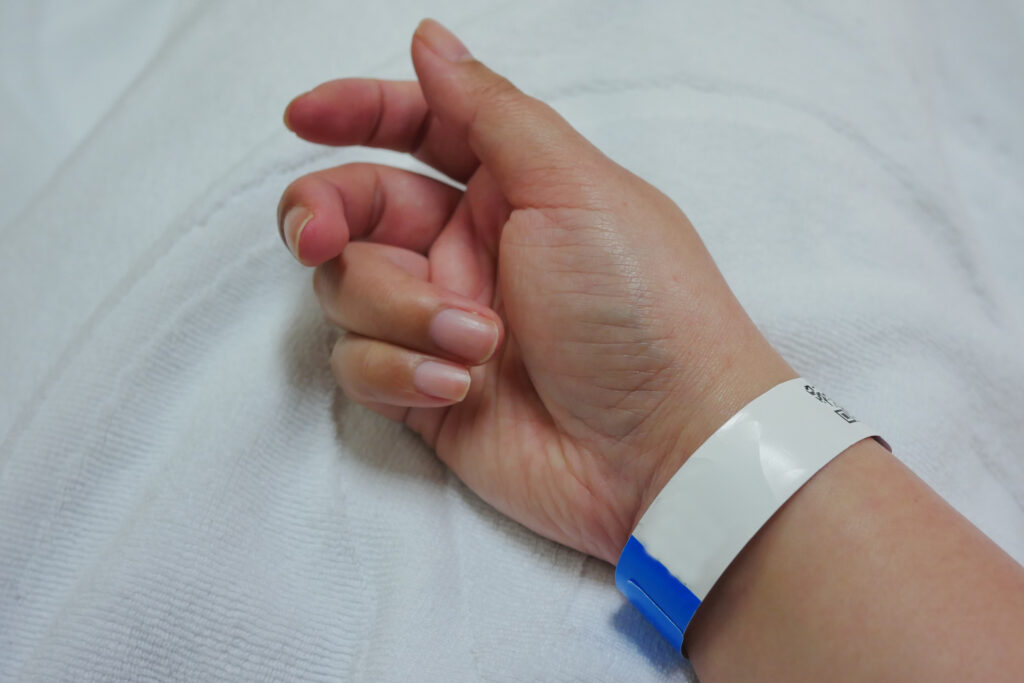
Communication is essential in your care.
During your hospital stay, your caregivers will be identified on the communication board in your room so you will always know the names of the nurses and doctors caring for you.
During “bedside reporting,” the nurses give information to each other about your care.
When the shifts change your off going caregivers will give report at your bedside to your oncoming caregivers. This is also a great time for you to ask any questions you may have concerning your plan of care.
Your health is important. If you have questions or concerns, be sure to ask.
Jennie Stuart Health © 2025. All Rights Reserved.
Site Design By influence Marketing.